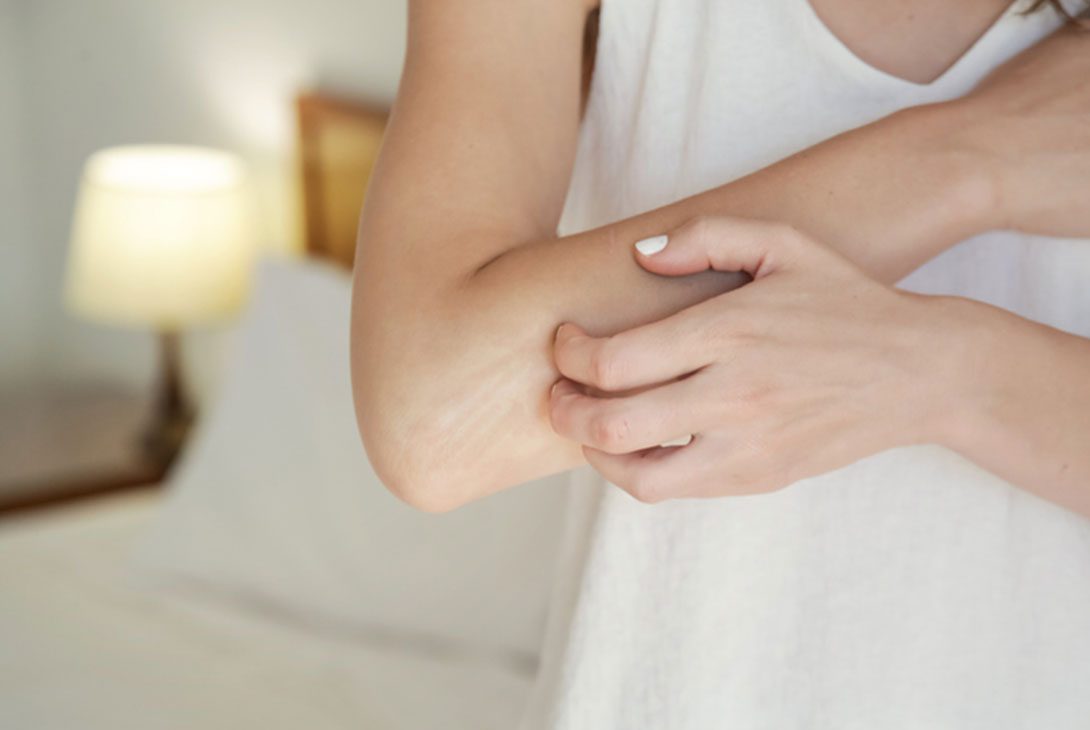
Under The Skin - How Eczema Impacts Mental Health
Anyone who suffers from eczema or other skin conditions, or has loved ones affected by them, know just how debilitating they can be. Their effects can extend far beyond the visible symptoms and can be far worse than simply experiencing itchy, dry skin from time to time.
For some, it means living with constant pain and irritation that requires ongoing treatment and constant attention. The effects of these kinds of skin conditions reach much deeper than the skin itself and they can have a massive impact on every aspect of life; socialising, finances, relationships, career and particularly mental health.

Eczema can develop for a number of reasons, including climate, lifestyle, hygiene and genetics. The skin can easily become infected, causing pain, inflammation and lack of sleep.
Whilst the physical pain and discomfort receives the most attention, acknowledgement and treatment over time, the toll on emotional and mental wellbeing is only just coming to light recently.
Research is showing that sufferers are 44% more likely to display suicidal behaviour. During flare-ups, it's common to be unable to sleep for days at a time or experience affection and intimacy.
Jessica Livingstone is 25 years old woman who has suffered from debilitating eczema that has sometimes caused her to scratch her skin raw. She has had to arrange her entire life around the disease, needing to work two casual jobs in order to cope with the time and cost of managing her condition and flare-ups. She says that school felt like torture, combining physical pain with bullying and social isolation.
"When I was in primary school I remember being bullied. Kids would say I've got a disease that is contagious and disgusting... constant stuff. Basically, I didn't have any friends in primary school or high school."

On top of dealing with the physical symptoms, oftentimes Jessica didn't even want to leave the house due to the discomfort of wearing clothes and fear of social embarrassment. That combined with the ongoing seeking and cost of new treatments to manage her condition, Jessica was left battling with anxiety and depression as well.
"It messes around with your mental health and your day-to-day life. You don't feel like leaving the house because everyone stares at you. I can't war a bra because it is too uncomfortable, especially when I have rashes so I don't want to leave the house."
Jessica is sharing her story to raise awareness of chronic skin conditions as well as the expense that comes from living with the disease. Read more about Jessica and her story here.